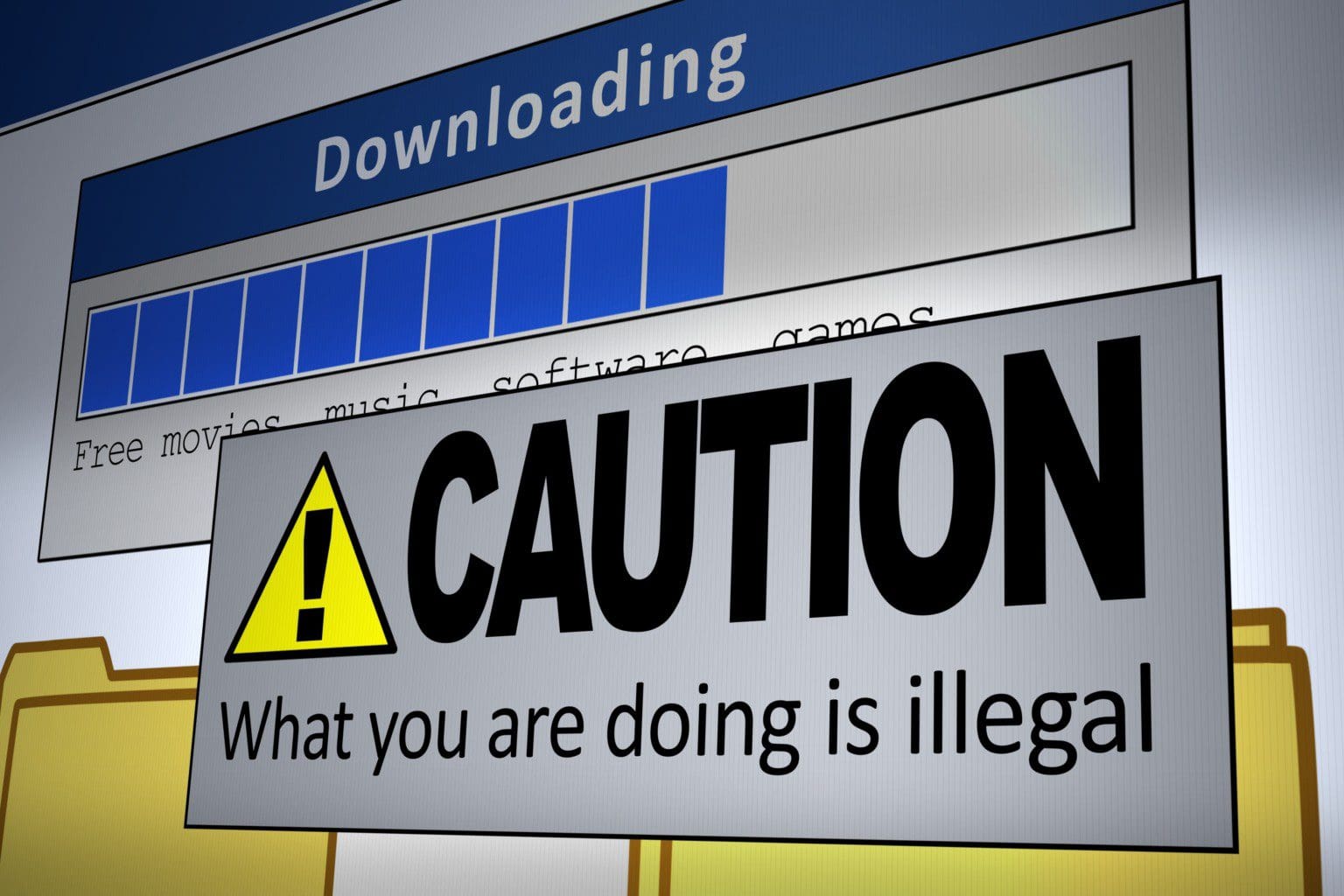
On April 1, 2020, the revised Federal Act on Copyright and Neighbouring Rights (SCA) came into force. Initiated in 2012, the revision took almost eight years to complete. A first report, published in 2013 by the AGUR 12 working group, was published at the end of 2015. Faced with the innumerable positions taken (more than 1,200 for a report of 8,000 pages…), the AGUR 12 II working group was forced to revise its copy. It was finally only on September 27, 2019 that the draft was approved by both chambers of the Federal Parliament.
At the same time, the European Union was not to be outdone, since the new Directive (EU) 2019/790 of the European Parliament and of the Council of 17 April 2019 on copyright and related rights in the digital market had entered into force on June 7, 2019, with a two-year transposition period set for the Member States.
These revisions had several objectives, including making suppliers more responsible in order to fight piracy more effectively and to better remunerate creators. We will limit ourselves here to the question of liability.
The approach taken between Switzerland and the European Union is different. It should be recalled that, unlike Swiss law, the European Union already had, through Articles 12 to 15 of Directive 2000/31/EC of the European Parliament and of the Council of 8 June 2000 on certain legal aspects of information society services, in particular electronic commerce, in the Internal Market (the “Directive on electronic commerce”), a fairly clear limitation of liability regime for technical intermediaries, in particular access or hosting providers. This was not the case for Switzerland, a situation that had led it to be placed on a watch list of countries in 2016 that did not provide sufficient protection for US intellectual property interests (Special Report 301). The revision will have remedied this unfortunate situation.
In contrast to the approach adopted by the majority of Member States within the European Union, the Swiss legislator has not, however, enshrined any liability on the part of access providers for the illegal content to which they provide access. Considering them to be too far removed from the incriminated behaviour, fearing that the blocking of the sites to which these providers could have been forced would go beyond what was strictly necessary (the phenomenon known as overblocking), the legislator finally abandoned the idea of regulating their liability, following the opinion of the Federal Court in a ruling 4A_433/2018 handed down on February 8, 2019 (ATF 145 III 72).
Swiss law therefore renounces in this respect a tool that most European states have equipped themselves with. Telecommunication operators therefore emerge unscathed from this revision.
The same is not true for hosting providers, that will now have to show a certain degree of diligence, as defined in the new Article 39d SCA. However, their diligence remains limited in several respects:
Without going into detail here, one may wonder about the nature of the illegal content; does it necessarily have to be a work protected by copyright, as the insertion of this provision in the SCA may suggest, or can it be another type of illegal content, such as a site of counterfeit products which, by hypothesis, will not be systematically protected by copyright, but which could fall under the notion of “other protected subject matter”? As soon as trademark owners are entitled to refer to the aforementioned simsa code, it would obviously be desirable for them to also be able to avail themselves of art. 39d SCA to force a host to close down a counterfeit site that has been put back online. However, there is nothing at this stage to suggest that this is the case, even if one may hope so.
If these conditions are met, the provider must then take the measures that can reasonably be expected from it in view of the risk of infringement to not only remove the content (take down), but also to prevent it from being uploaded again (stay down). Needless to say, the slider here may vary according to the size of the provider, its financial capacity and the evolution of technology. The margin of appreciation is therefore wide.
However, since the application of Art. 39a SCA can only be applied to hosting providers located in Switzerland, it is to be feared that its application will remain limited, since most of the platforms concerned are mostly hosted abroad.
In any case, assuming that art. 39d SCA applies, what are the recommended steps to be taken by rigthholders?
Do you have questions about his topic?
Our lawyers benefit from their perfect understanding of Swiss and international business law. They are highly responsive and work hard to find the best legal and practical solution to their clients’ cases. They have acquired years in international experience in business law. They speak several foreign languages and have access to correspondents all over the world.
Avenue de Rumine 13
PO Box
CH – 1001 Lausanne
+41 21 711 71 00
info@wg-avocats.ch
©2024 Wilhelm Attorneys-at-Law Corp. Privacy Policy – Made by Mediago